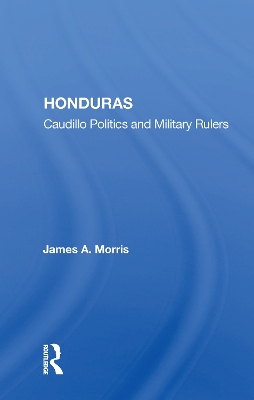Since the retirement of longtime dictator Tiburcio Carías Andino (1932-1949), the search for institutional stability in Honduras has led to both democratically elected governments and the imposed discipline of military rule. Social and economic change has contributed to the growth of middle-class urban groups, strongly organized labor unions, and a vigorous peasant movement. The Honduran armed forces, established in modern form only after World War II, filled the vacuum of political power that developed as the Liberal and National political parties failed to address the problems created by change and national development, but the authoritarianism of military rule has been countered by historical patterns of caudillo politics. Despite the revolutionary turmoil that surrounds the country, Hondurans have successfully conducted national elections and installed a freely elected civilian government after more than ten years of military rule. It is within this mix of "traditional" and "praetorian" governing modes that Hondurans have fashioned a style of politics conducive to compromise, which accounts for the country's relative tranquillity today. In this first comprehensive study of contemporary Honduras—its land, people, economy, and politics—to be published in English, Dr. Morris also outlines the historical context that has shaped the society of this now geopolitically important nation and conditioned its political dynamics over the past three decades. His analysis illuminates the characteristics that distinguish Honduras from its Central American neighbors and that may dictate a unique course for its political evolution.
- ISBN13 9780429704468
- Publish Date 1 March 2019 (first published 24 June 1984)
- Publish Status Active
- Publish Country GB
- Publisher Taylor & Francis Ltd
- Imprint Routledge
- Edition Digital original
- Format eBook
- Pages 176
- Language English
